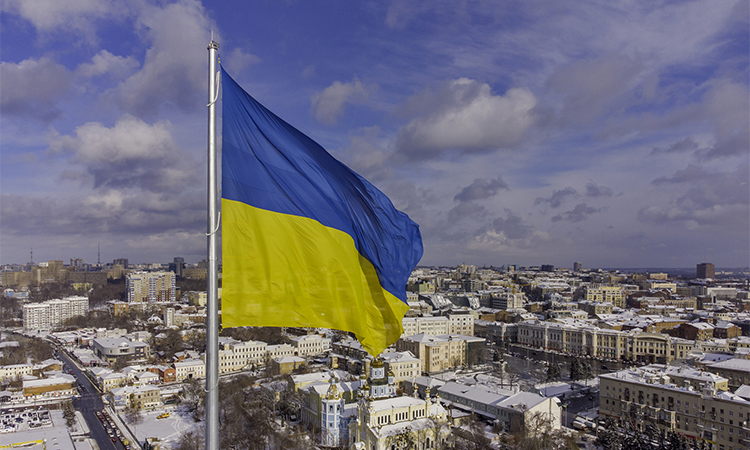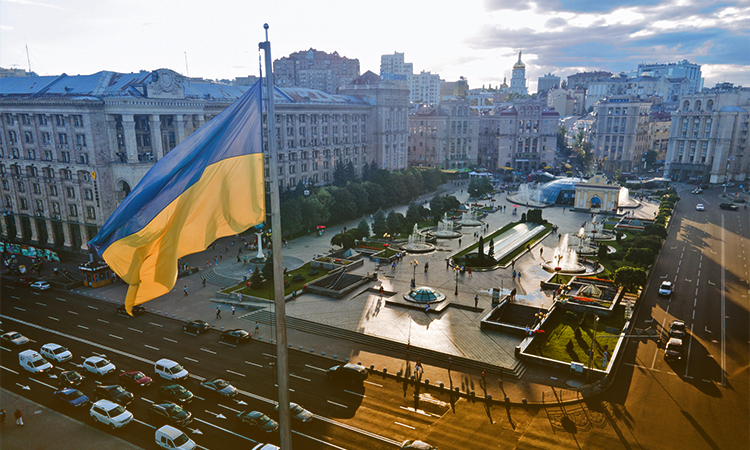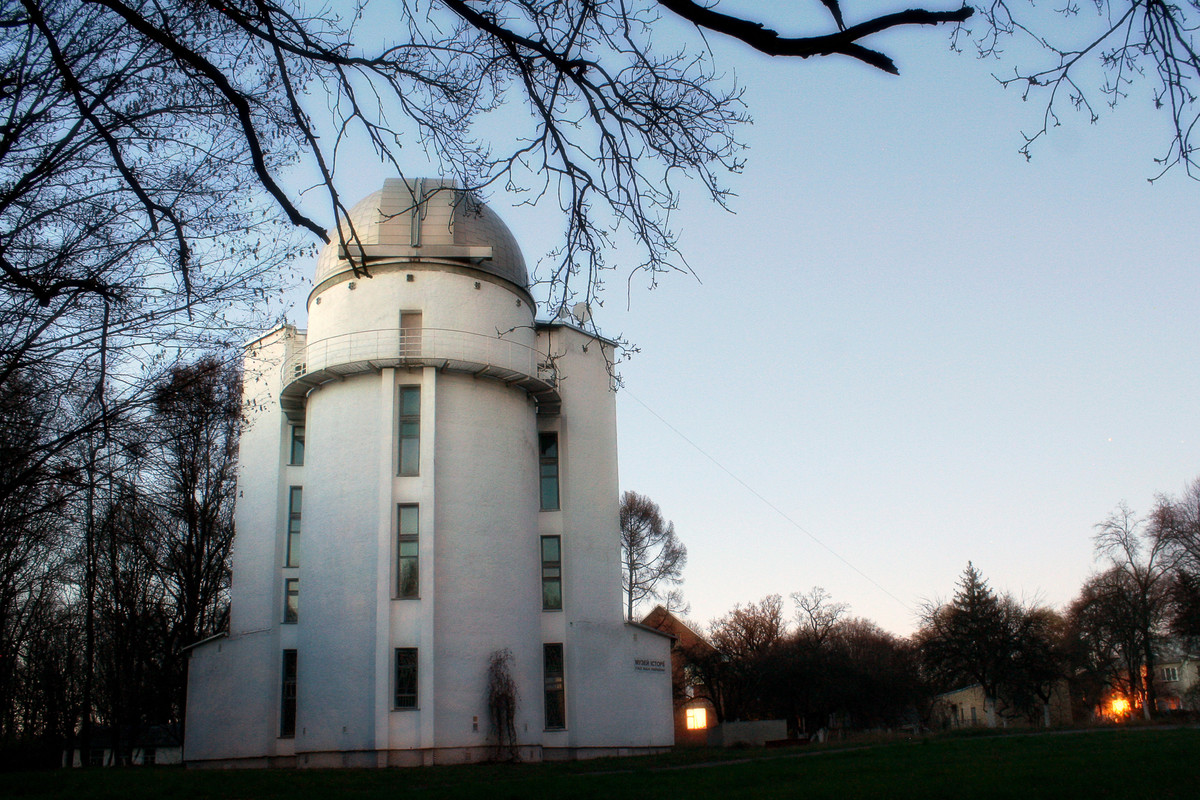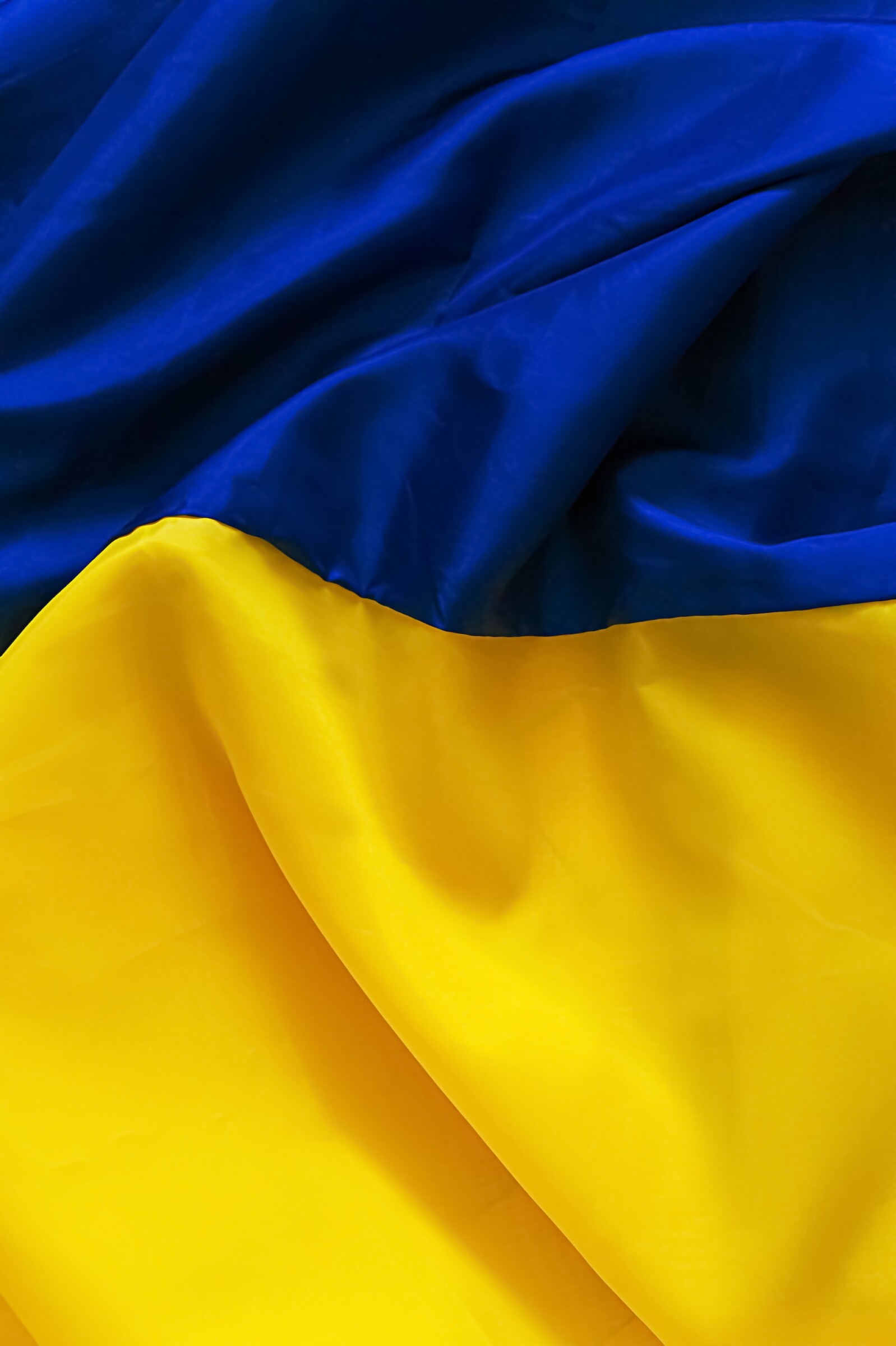Major Journals ‘Publishing Papers from Russian-Controlled Ukraine’
Ukrainian researchers urge publishing sector giants to “end de facto cooperation with Russia”.
Send us a link
Ukrainian researchers urge publishing sector giants to “end de facto cooperation with Russia”.
As the US and Russia hold controversial peace talks, Ukrainian research leaders want scientists back.

With the war in Ukraine continuing to occupy minds across Europe, defence has become a central theme of discussions around the successor to Horizon Europe, Framework Programme 10.


Vaughan Turekian, the director of the Policy and Global Affairs Division of the National Academies of Sciences, Engineering, and Medicine in the US, discusses efforts to support Ukrainian scientists and why such efforts are important for the future of Ukraine.

The Foundation for Polish Science recently extended its For Ukraine programme, launching a third call, open for proposals until 4 April from pairs of scientists working in tandem, one from Ukraine who can be living anywhere, and one employed in Poland.
A year ago, Russia's full-scale invasion of Ukraine redefined geopolitics in a shockwave that is still reverberating through the science world. The EU research community was quick to cut ties with Russia and lend Ukraine a helping hand - but now it is grappling with resulting instability and uncertainty as the war climbs into its second year.
A year has passed since Russia started to wage a gruesome war against Ukraine. Aside from causing thousands of deaths, displacing millions and causing a pan-European economic crisis, the invasion triggered a fundamental rethinking of German policy.
Ukrainian researchers are planning for a brighter future for their country, despite ongoing bombing and electricity shortages. A delegation from Ukraine's research community, led by first deputy minister for education and science, Andrii Vitrenko, came to Brussels last week for the first joint meeting on research and innovation with the European Commission.
Ukraine urgently needs new doctoral schools to train its next generation of academics, according to a senior Ukrainian science administrator. He warned that, without that and other measures to stop "internal brain drain", many researchers are fleeing universities for better paid IT jobs in order to make ends meet. Since Russia's invasion of Ukraine in February, European countries have launched countless schemes and scholarships to help displaced Ukrainian students and academics.
In the wake of Russia's invasion of Ukraine, allied governments rushed out a series of "science sanctions", as part of a broad campaign of penalties designed to deter Russia. What impact might they have on current or future science?